
Our first carbon report

We have calculated our emissions using the SME Climate Hub Business Carbon Calculator to estimate SK Ward Pest Control’s full carbon footprint. We commit to work towards reducing our carbon footprint in the future.


We have calculated our emissions using the SME Climate Hub Business Carbon Calculator to estimate SK Ward Pest Control’s full carbon footprint. We commit to work towards reducing our carbon footprint in the future.

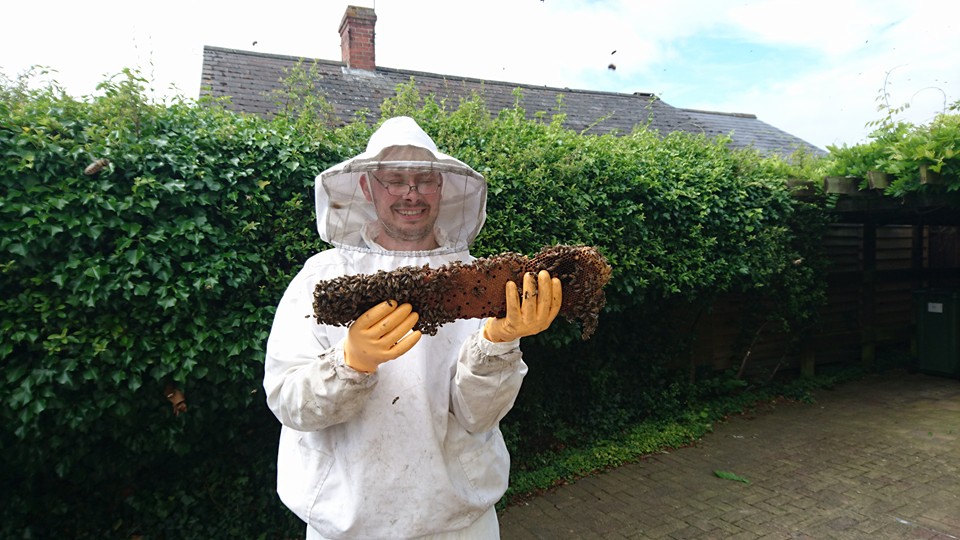
The bee swarming season has arrived. Firstly we recommend proofing any chimneys or areas where bees can ingress your property. If you do have a swarm appear in your garden do not be alarmed as they are unlikely to sting although the noise can be quite unnerving. A swarm is a cluster of bees, often about the size of a rugby ball, but sometimes larger. There may be some flying bees too, but most of them will be in a clump. Sometimes they’ll be spread out on a wall. Your first port of call is to contact your local beekeeping association to see if someone local can collect the swarm for free. (Cambridge Beekeeping Association: https://www.cbka.org.uk/services-to-the-public/swarm-collection/ )If they are unable to due to the location of the swarm or established colony then please contact us and we will do our best to conduct a live removal or advise on further action. For more information about bees see: https://www.skwardpestcontrol.co.uk/bee-control/

We are excited to use our new drain camera for the first time. We are keen not to deal only with the symptoms but get down to the root cause of any rodent problems. Quite often this is due to either redundant or broken drains. We were able to find the cause of rodent ingress at this customers property and offer a solution to permanently fix the issue. This will save the customer on continuous call outs. Please contact us for rat and rodent issues: https://www.skwardpestcontrol.co.uk/rats/
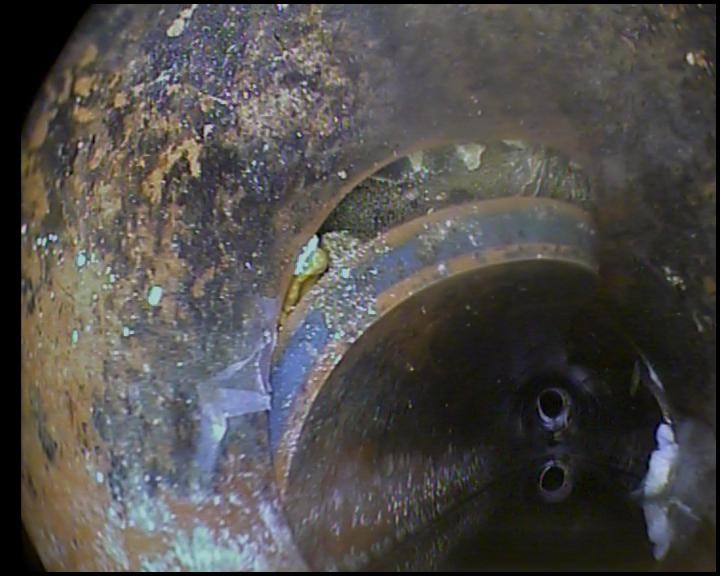

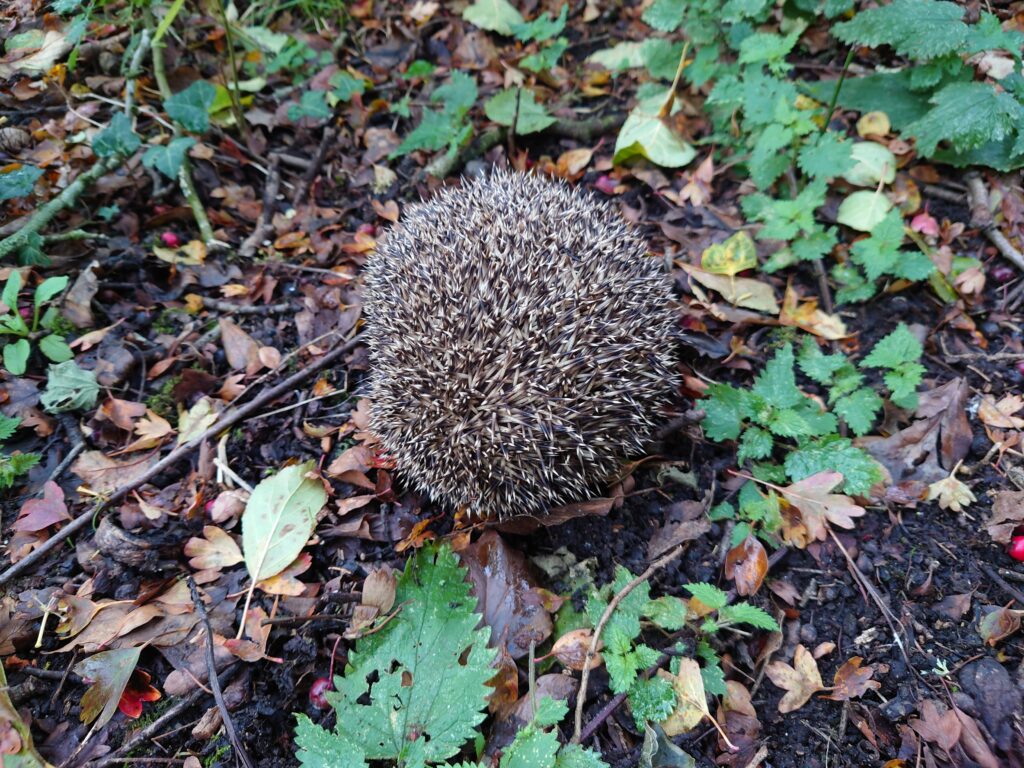
This little fella was found alive and well in a live capture squirrel trap. After filling his belly with peanuts and perhaps a little confused as to how he got there, we released him into the undergrowth. This is why we check our live capture traps everyday. Its important that we do not cause animals to suffer unduly. We do our best to make sure non target species are not affected by essential pest control measures.
Did you know that the Western European hedgehog (scientific name Erinaceus europaeus) is one of about 17 hedgehog species worldwide and unmistakable as Britain’s only spiny mammal. Their highly specialised coat contains around 6,000 creamy-brown spines and hangs around their body in a loose-ish ‘skirt’, concealing greyish fur on their underside, surprisingly long legs and a short tail.
There is wonderful local charity at Shepreth that takes in injured hedgehogs and rehabilitate and return to the wild. http://www.swccharity.org/hedgehog-hospital/

A great example of a solitary mining bee this morning. We have had quite a few concerned calls about these little fellows recently as they look similar to wasps. They are really beneficial to the garden as a pollinating insect and help aerate the soil. They are not aggressive and rarely sting and their stings do not hurt. If they are really causing a problem, wait until autumn/winter and dig the nests up or turn the soil over in that area. Here is a great site for info on bee identification from BBKA: https://www.bbka.org.uk/what-bee-is-this Please contact us to speak to us about any bee concerns you have: https://www.skwardpestcontrol.co.uk/bee-control/

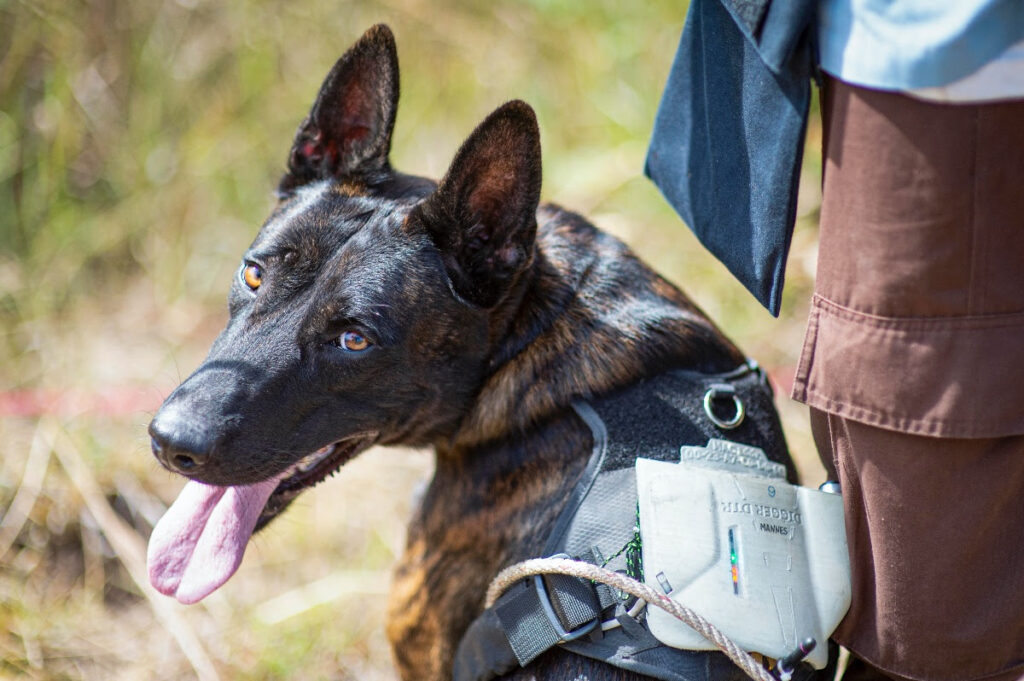
Some exciting news from the charity we support Apopo: Apopo’s teams of HeroRATs have proven to be incredibly effective and are quickly speeding us towards a Landmine Free world. However, when it comes to tall grass and overgrown terrains, they could use a helping hand (or paw). HeroDOGs join the APOPO team as their newest animal members. Photo of HeroDOG Mannes above. #NationalDogDay

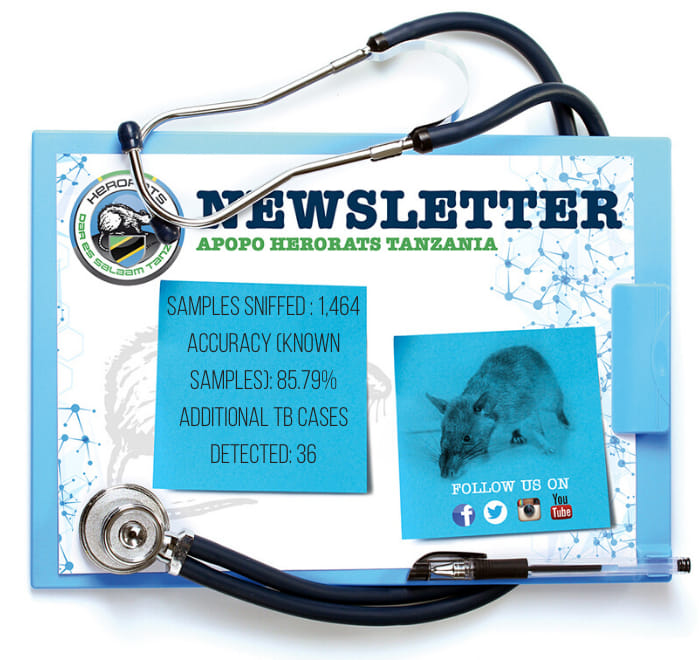
We got an update on Carolina, our adoptive Hero rat. in May 2020 Carolina successfully sniffed her way through 1,464 samples at an accuracy rate of 85.79%. Her sensitive nose identified an additional 36 cases of tuberculosis (TB) that were originally missed by local clinics. Those 36 people, following confirmation by World Health Organisation approved tests, have gone on to start treatment for tuberculosis.

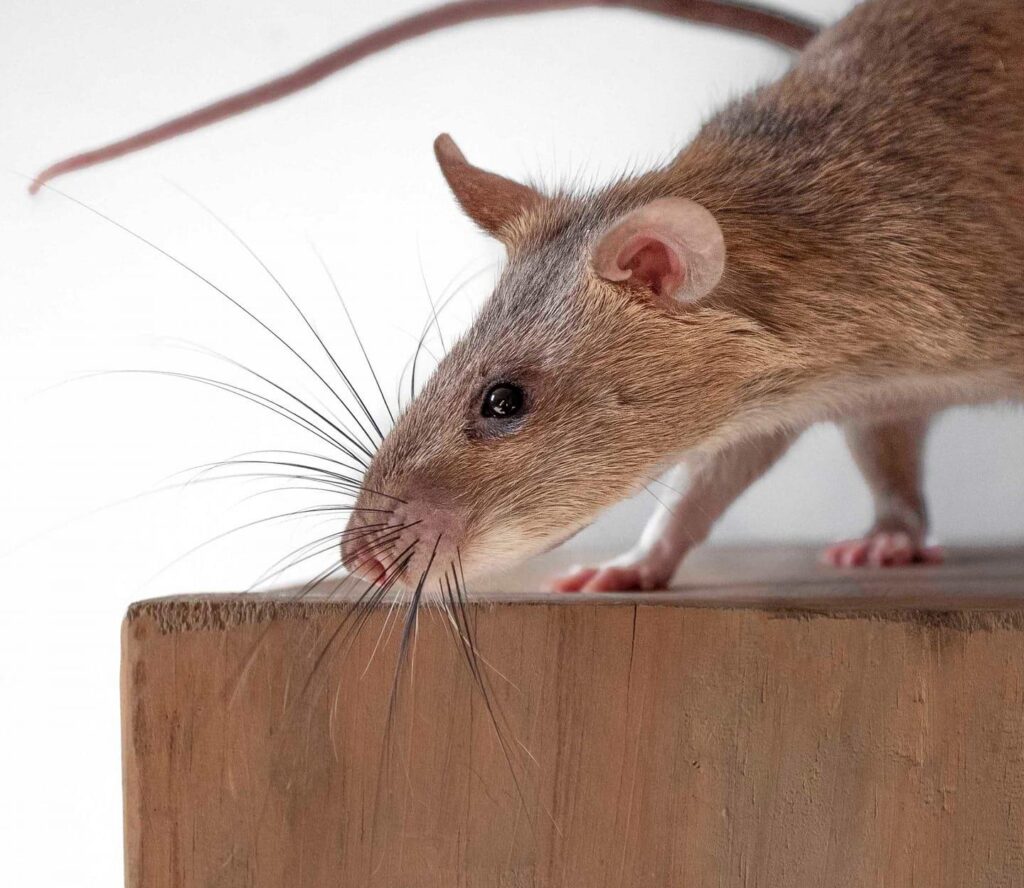
We are super excited to adopt a hero rat who saves lives in Tanzania by detecting tuberculosis in sputum samples. She can screen 100 samples in 20 mins! Meet Carolina our adopted hero rat in Tanzania. Carolina is a highly trained Tuberculosis Detection Rat or HeroRAT for short. HeroRATs like Carolina use their remarkable sense of smell to safely sniff out tuberculosis faster and more accurately than existing methods. https://www.apopo.org/en/adopt

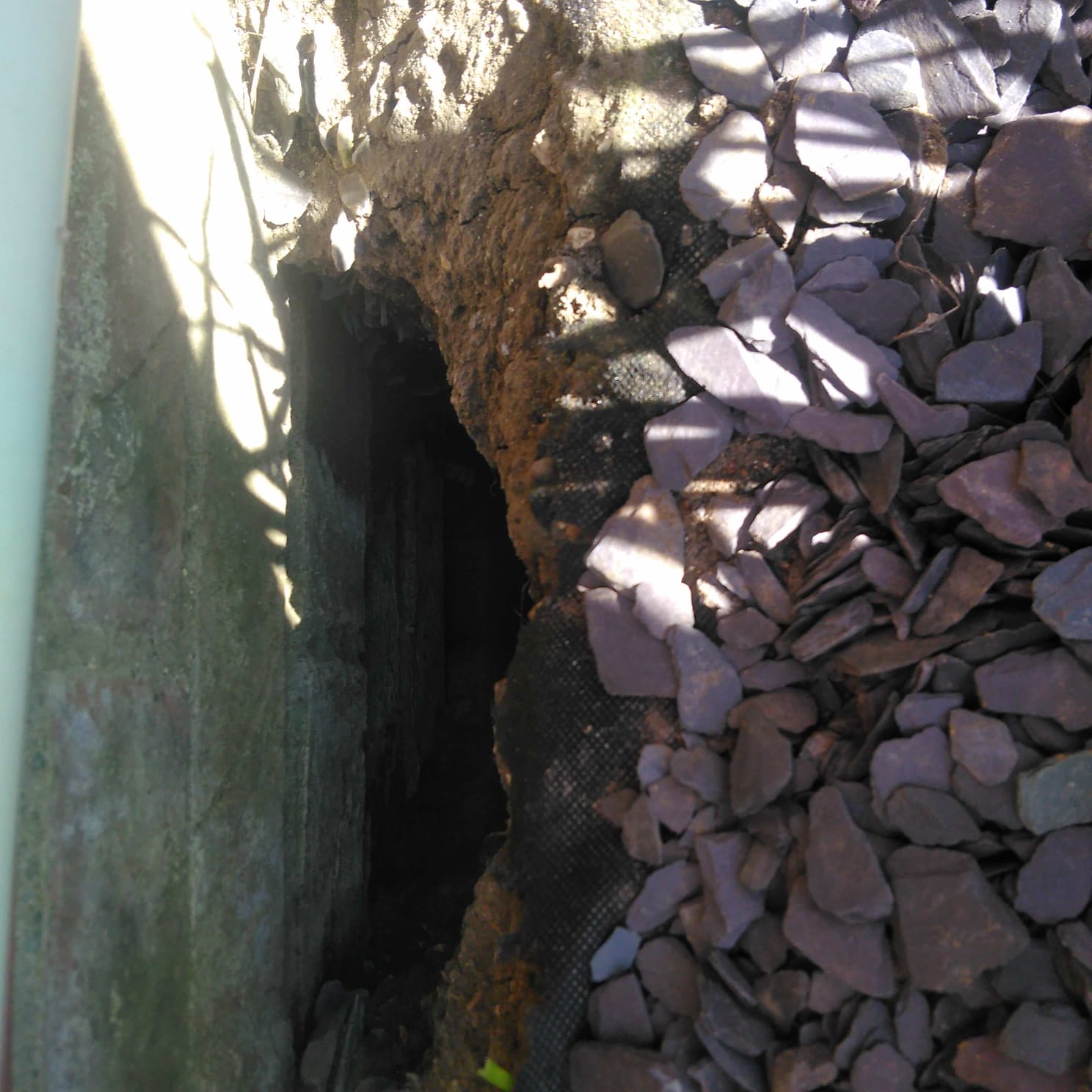
Here is an aerial photo of rats actually digging their way out from under a customer’s building. In this instance they are coming up from drains below the building. Yes, the quickest, cheapest way to fix this is to add toxic bait and fill in the hole with concrete. However, as our pest technician explains, ‘it’s like fixing a flat tyre with a pump”. You need to address the root cause not just the symptoms otherwise the problem will keep coming back. In this case, we recommended a drain survey with a camera and then a repair to the drain as appropriate. Another happy customer!

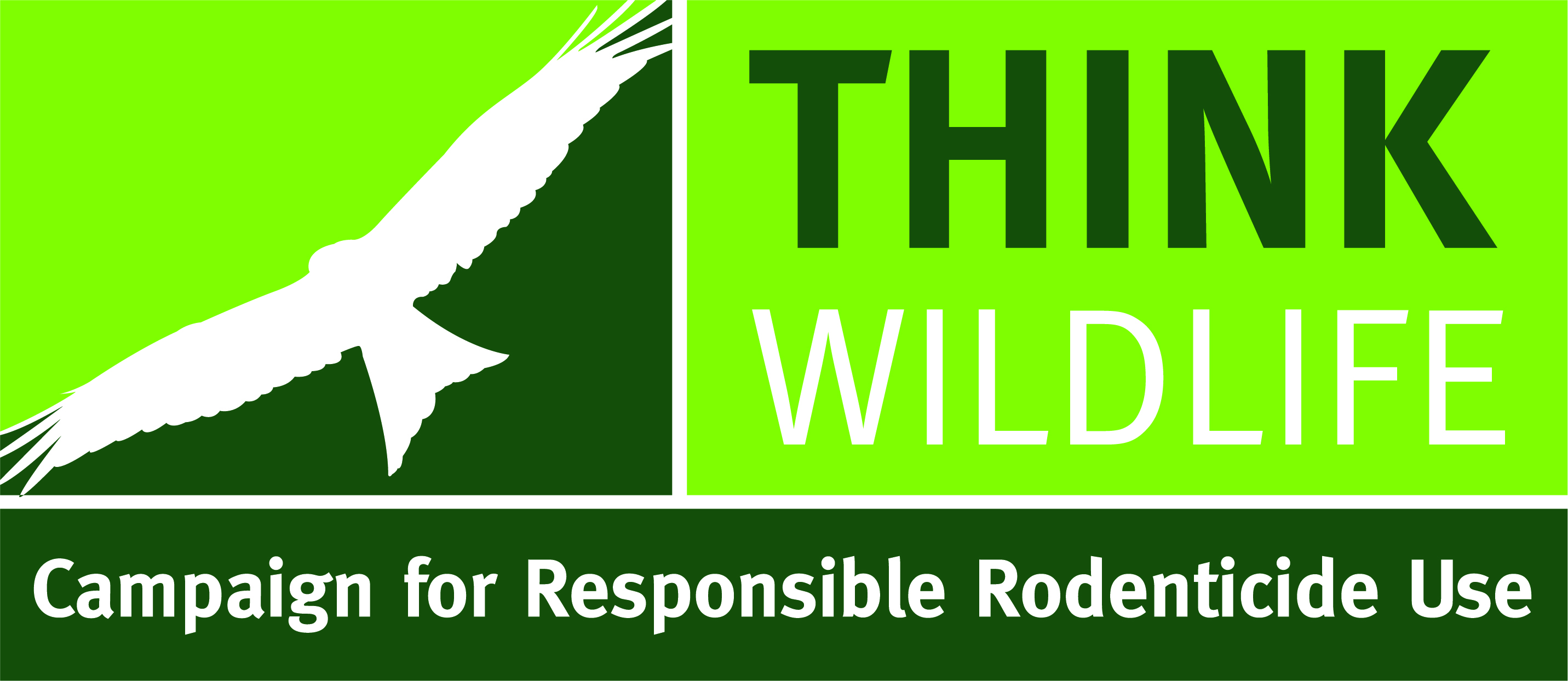
Demands of consumers for high quality and safe food mean that there is a need for ever higher standards in all stages of food production. This has led to strict quality assurance requirements for the need for highly effective rodent control, without which rodents will contaminate and destroy food at every stage from the farm to the supermarket shelf.
At the same time, government agencies responsible for the regulation of rodenticides have raised concern that many species of wildlife, such as barn owls, kestrels and red kites, are being accidentally exposed to these products.
Under the banner “Think Wildlife”, the CRRU (The Campaign for Responsible Rodenticide Use) promotes best practice and responsible rodent control, thereby protecting wildlife from rodenticide exposure. As a CRRU supporter, SK Ward Pest Control has signed a licence agreement undertaking to abide by the CRRU code.
As a professional pest controller, we demonstrate this in action by:
• Employing the ‘risk hierarchy’, as outlined in the CRRU Code of Best Practice, in which the second generation anticoagulants are not the first resort but one which is used only after consideration of all less risky options
• Using the simplified pro-forma ‘environmental risk assessment‘ applying rodenticides
• Advising clients, assertively and persuasively, against ‘just-in-case’ permanent baiting
• Taking opportunities to set a good example